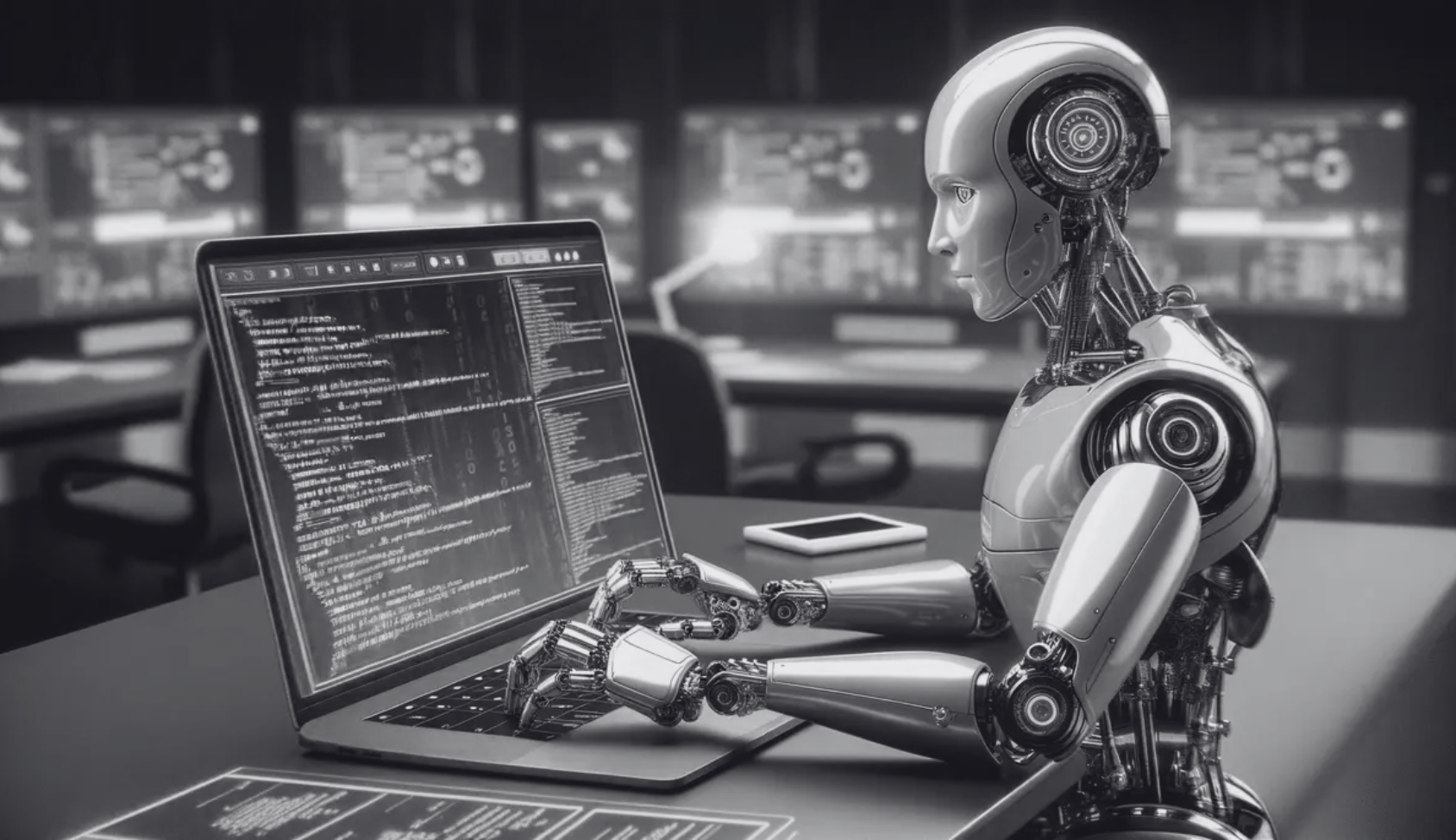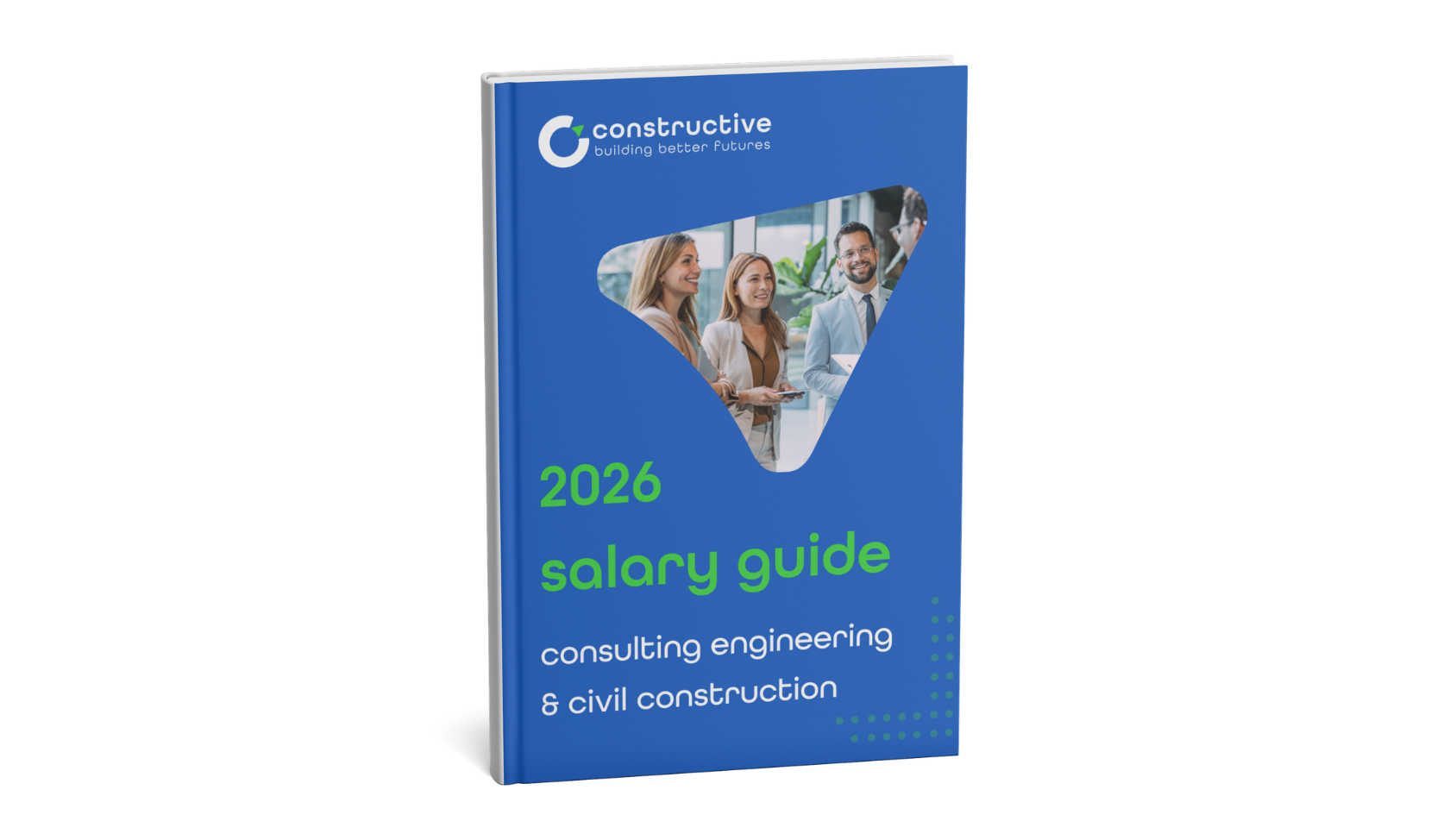blog
Will AI Take My Job?
Tom Styles • August 26, 2025

skills AI cannot replace in engineering
“Will AI take my job?” It’s the question on everyone’s mind, and for good reason. From drafting designs to running simulations, artificial intelligence is reshaping engineering faster than many expected.
When computer-aided design software emerged, many feared it would make engineers and drafters obsolete. The question on everyone’s mind was simple: “Will this software replace me?”
What actually happened was very different. Rather than replacing professionals, CAD transformed how engineers and drafters worked, making designs faster, more accurate, and more sophisticated. Today, it’s hard to imagine anyone in a consultancy returning to drawing boards and pencils. Looking ahead, AI is likely to follow a similar path. It won’t erase the need for engineers but will become a tool they can’t imagine working without.
What AI does well
Industry leaders such as Jacobs, AECOM, WSP, and Arcadis are at the forefront of this shift, using AI to streamline processes and expand what’s possible in engineering.
AI thrives where there’s repetition, data, and rules. In engineering, that can mean:
- Simulation and Performance Analysis
- Predictive Maintenance and Asset Management
- Design automation and Optimisation
- Document Analysis
These tools free up huge amounts of time and reduce human error. But they don’t replace the thinking that engineers bring to complex, unpredictable problems.
The irreplaceable skills: problem solving & leadership
1. Problem Solving
Engineering has never been about just applying formulas. It’s about solving real-world challenges. AI can present options, but it takes human judgment to weigh trade-offs: safety vs. cost, sustainability vs. speed, innovation vs. practicality.
For example, AI might generate dozens of structural models for a bridge, but it can’t decide which one best balances environmental impact, local community needs, and long-term resilience. That requires human context and creativity.
2. Leadership
At its core, engineering is a people-driven profession. Projects succeed or fail not just on technical accuracy but on collaboration, negotiation, and decision-making.
AI can’t walk on a site with contractors, lead a project team under pressure, or inspire confidence in stakeholders. Leadership, which involves communicating vision, managing risk, and guiding teams through uncertainty, is an inherently human skill that remains at the heart of engineering.
The Moral Dilemma
Engineering has always carried inherent risks. From design to construction and long after a project is complete, the safety of people depends on the soundness of engineering decisions. Unlike many other professions, when something goes wrong in engineering, the consequences can be catastrophic—buildings collapse, bridges fail, lives are lost.
That is why engineers go through years of rigorous study, training, and professional development before they are trusted to sign off on designs. Their accountability is not just technical but also ethical: they are bound by professional codes of conduct and legal responsibilities to protect the public.
If we hand these decisions over to AI, the question becomes: who bears responsibility when things go wrong? Is it the software developer, the company deploying the AI, or the AI itself? AI cannot be held legally or morally accountable. This gap raises the ethical dilemma; can society entrust life and death decisions to a system that cannot be blamed, punished, or held responsible?
This is one of the strongest arguments for why human engineers will always remain essential. No matter how advanced AI becomes, the moral responsibility for safeguarding lives must rest with people, not machines
So, will AI take my job?
No.
Engineers who combine technical expertise with problem-solving and leadership will remain in high demand. In fact, AI may elevate these skills by taking care of routine tasks, giving engineers more space to focus on strategic thinking and human leadership.
Additionally, the use of AI in the engineering industry raises governance and ethical concerns, including transparency, data privacy, security, liability, and professional responsibility. As a result, AI is unlikely to ever reach a point where it can completely replace engineering careers.
What engineers can do now
- Double down on soft skills: Communication, critical thinking, and stakeholder management are becoming more valuable than ever.
- Stay tech-savvy: Learn how to use AI as a tool, not a threat. Engineers who can guide AI’s output will outpace those who ignore it.
- Think bigger picture: Shift from task-based execution to system-level problem solving. For example, in utilities, this means not just fixing one pump, but analysing how water flow, demand, and energy use interact across the entire network. Employers are looking for professionals who can connect dots, not just deliver calculations.
Things are moving faster than ever before, and it can feel overwhelming trying to keep up. Ultimately, rest assured that engineering is an outstanding career path.
Engineers form part of the backbone of our society. As the job evolves and changes it will be interesting to see what the role of an Engineer looks like in the coming years, all we know is that it will continue to be an important one.
If you’re exploring new career opportunities in the Built Environment and Infrastructure sectors - across engineering, construction, project management, and design - contact us
or reach out to our specialist recruitment consultants
today!





